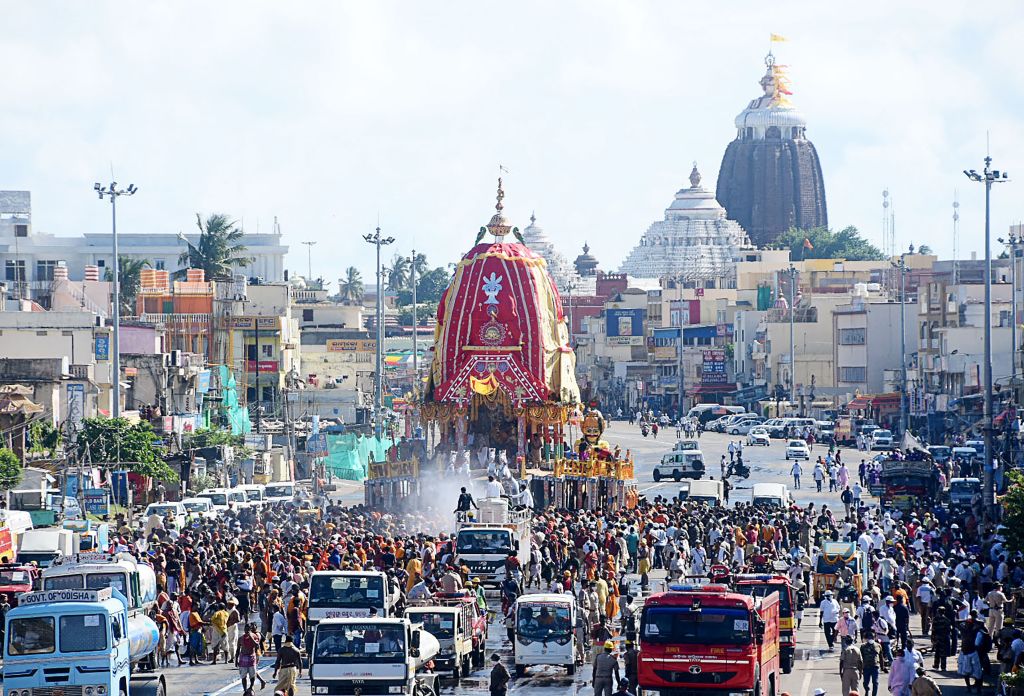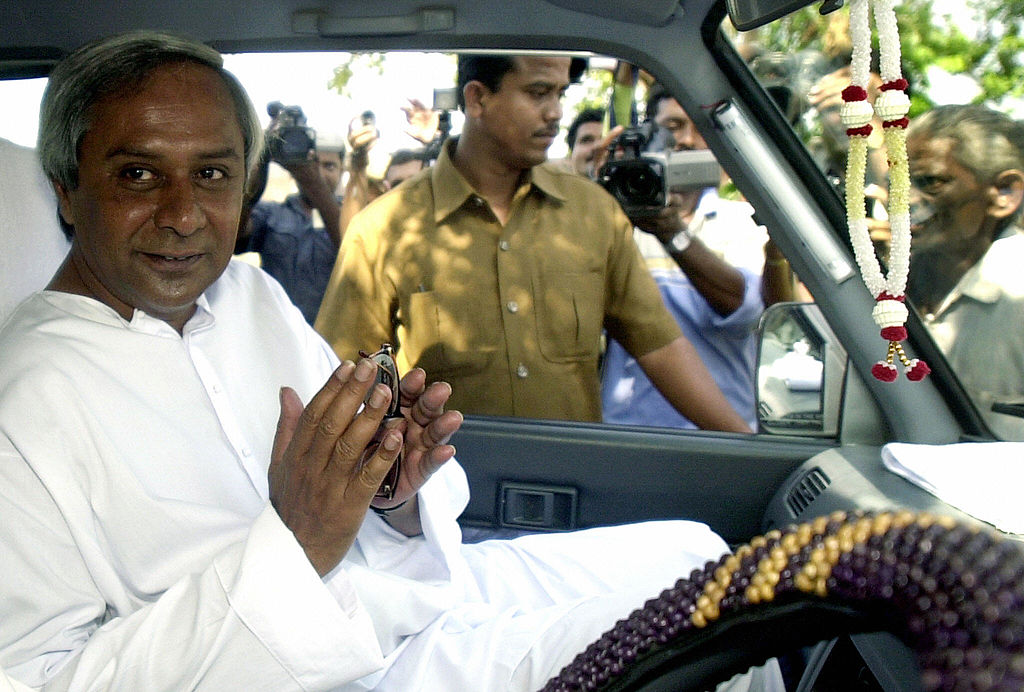- Monday, April 07, 2025

By: Shubham Ghosh
PURI, one of the favourite pilgrimage destinations of Hindus in India, recently became the first city in the country to provide clean, piped drinking water to all of its 250,000 residents and public health experts believe other cities in India will follow the coastal city’s example in the near future.
Naveen Patnaik, the chief minister of Odisha where Puri is located, was elated to announce before the media that the city has now joined an elite group of international cities like London, New York and Singapore in supplying potable water from municipal taps all through the day.
How will this arrangement help the residents of Puri besides the fact that they can now easily quench their thirst on hot and humid days?
The biggest benefit that this scheme offers is that it will drastically reduce the menace of water-borne diseases that often plague millions of Indians every year. An easy access to clean water will nullify the prevalence of diseases like cholera and typhoid in the popular pilgrimage and tourist site and improve the residents’ overall health conditions.
It may be mentioned here that more than half of India’s population still lacks access to safely managed drinking water and it leads to nearly 38 million Indians contracting a water-borne disease each year, The Telegraph, UK, reported.
V K Madhavan, the chief executive of WaterAid India, believes the new arrangement in Puri will also stimulate the local economy as the residents will fall sick less. India loses millions of working hours a year because of water-borne diseases.
The scheme will also have a good social impact. According to Madhavan, women in a patriarchal society like India are compelled to collect, store and boil water and that is a time-consuming affair. “Now, women and adolescent girls will have an opportunity to use this time saved as they deem fit,” he said.
There are also environmental benefits. Given that it is a popular tourist destination, Puri attracts 20 million people each year but has struggled to dispose of the plastic waste which such a mammoth footfall generates.
Since the authorities have set up more than 200 public water fountains, generation of plastic waste can be avoided if people are encouraged to refill their water bottles from the taps.

The scheme implemented in Odisha is in tune with the promise that the Biju Janata Dal (BJD), the ruling party of Odisha, made last October to provide clean drinking water to 1.5 million people in 15 towns across the eastern state by March 2023.
However, since no other Indian city has such an arrangement for drinking water, the government of Odisha sent its senior engineers to Singapore for training. They were advised to utilise local water resources and hence diverted the flow of a nearby river into a newly constructed treatment plan.
The plant can produce 42 million litres of purified water daily – Puri’s daily demand is between 24-32 million litres and the surplus is diverted to restore Puri’s groundwater which is both depleted and polluted.
While Puri had the advantage over Singapore in having a freshwater source nearby, it also had a big challenge in hand. It had to supply purified water into the houses of its 250,000 residents, one-fifth of whom reside in slum settlements.
G Mathi Vathanan, principal secretary of Odisha’s urban development department, told The Telegraph, “A lot of the pipes were very old, had leakages and were even being infiltrated by polluted drains and sewer lines.”
A city-wide review was carried out and it was discovered that many residents had set up their own water connections. These were done cheaply and often they were of poor quality. Replacement pipes measuring around 4,800 metres were installed to deal with this challenge.
The authorities have also implemented a tariff on their water supply, with an estimated monthly cost of between Rs 100-300 (£1-3) per household, according to Vathanan. Since a litre of bottled water in India typically costs between Rs 10-20 (£0.10-0.20), the residents were expected to save a considerable amount of money over a period of time.
“Previously we only got two or three hits of dirty water each day from the tap. Now, we are getting water all day and it is so pure we can drink directly from the house tap,” a local resident told The Telegraph.
Other states in India are now feeling inspired by Odisha’s model.
Vathanan told The Telegraph, “Many state governments and cities have been in contact and said they want to visit. The government of India has asked me to carry out a country-wide seminar on the Puri success story. We hope many people are inspired after seeing this and can replicate what we have done.”